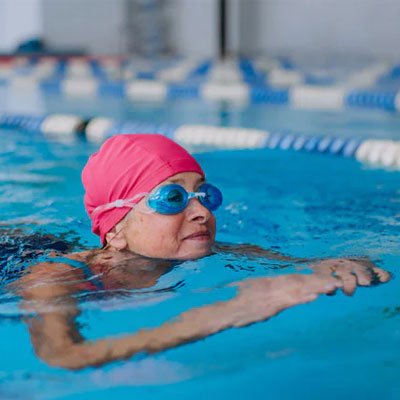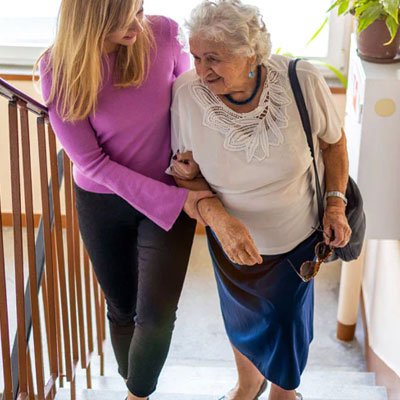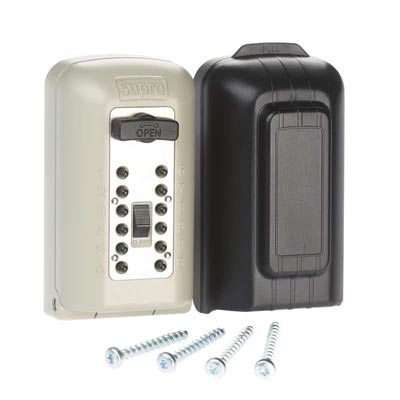Assistive technology
Assistive technology devices can play an important role in helping the elderly to maintain independence and participate in activities they enjoy, despite concerns with mobility, vision, hearing or other health concerns. These devices can restore confidence while giving family members peace of mind.
Get Your Falls Risk Score
Every 10 seconds, a loved one in the UK has a fall. Find out your risk score in 2 minutes.
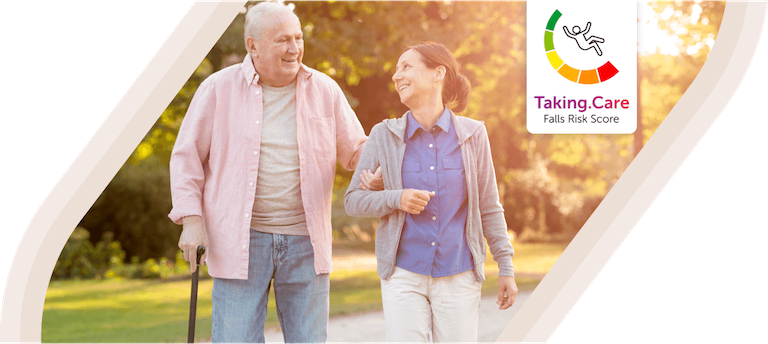
Digital switchover
BT will replace analogue phone lines with digital ones by 2025. Our personal alarm customers will be supported during and after the switchover with our tested product range and digital alarms that don't require a phone line. Read our articles and guides for more information.
Telecare alarms
Explore more about telecare alarms, their uses and how they can support older adults to live independently and have peace of mind.
Elderly care experts answer biggest questions about assistive technology
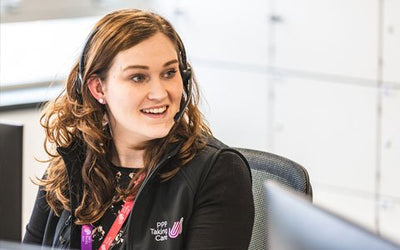
What are assistive technologies for the elderly?
Why is assistive technology good for older adults?
What assistive technology is available for people living with dementia?
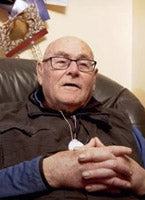
I found the setup process easy, and the helpful Customer Services team helped me whenever needed. I carried out thorough testing across various locations within the house and garden, and the alarm worked perfectly fine.
Steve's out-and-about GPS personal alarm gives him the confidence to remain active in his local community.
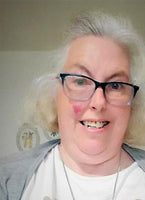
My personal alarm provides security and safety, allowing me to go anywhere and visit anyone. I know that, even if I felt poorly in the middle of the night, help will be available at the touch of a button.
How a Taking Care personal alarm helped Denise remain independent after a health scare.
